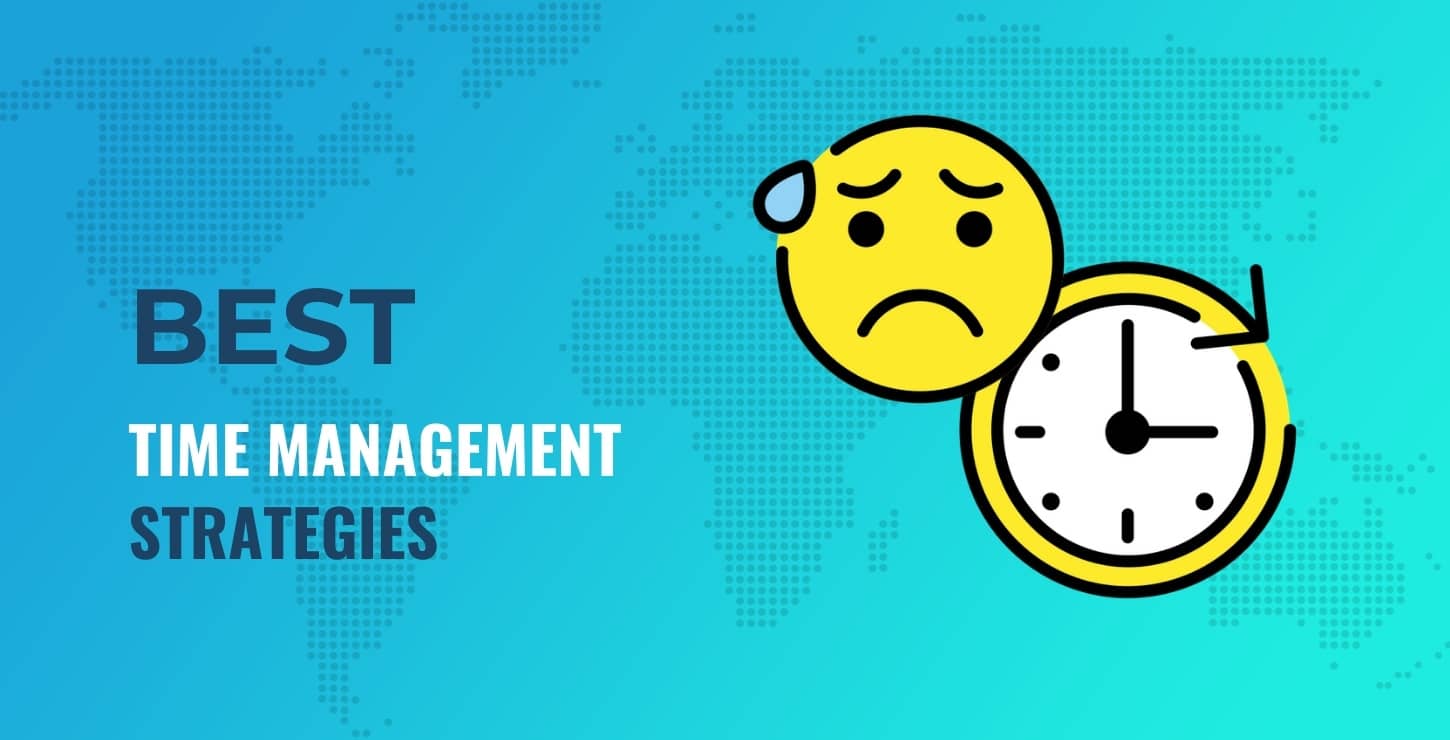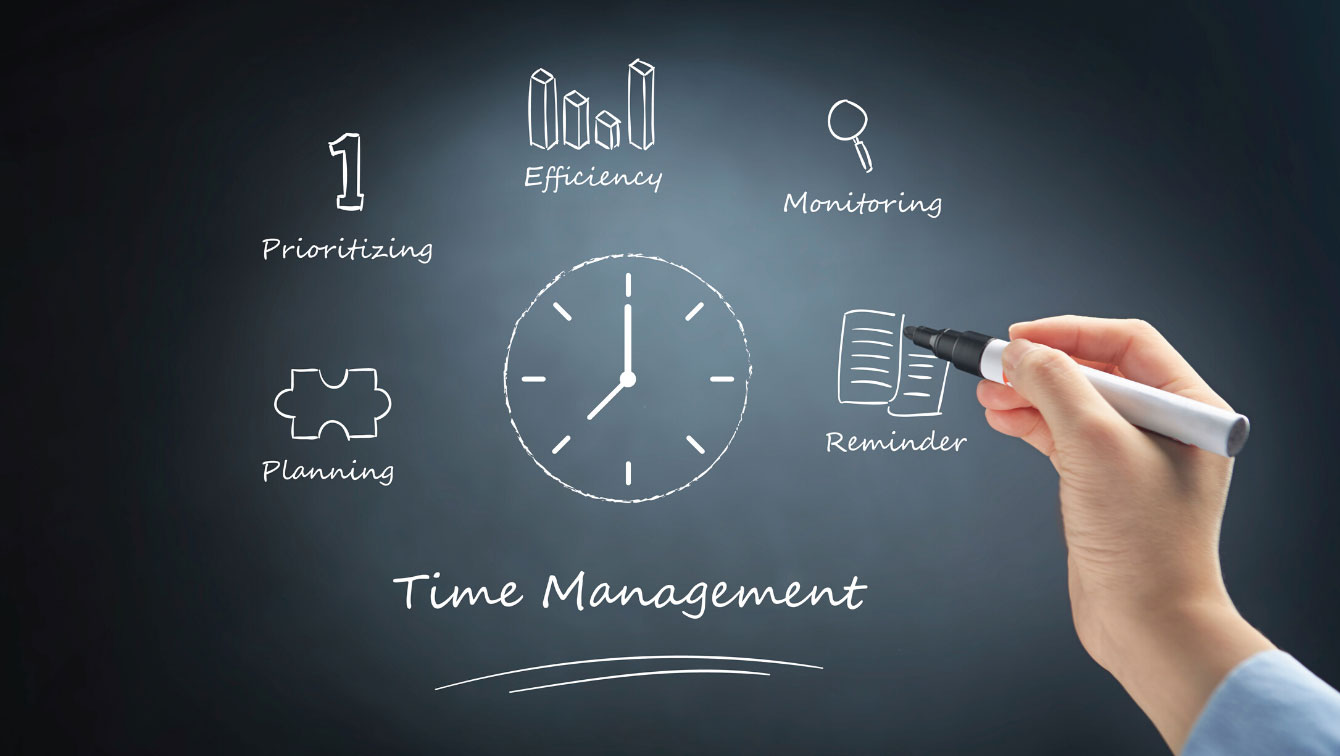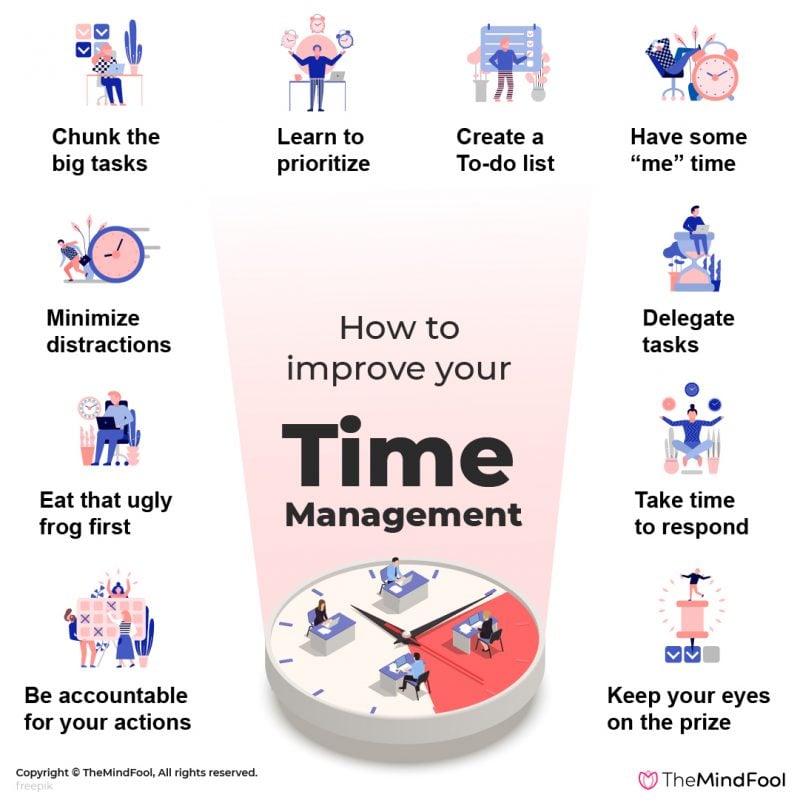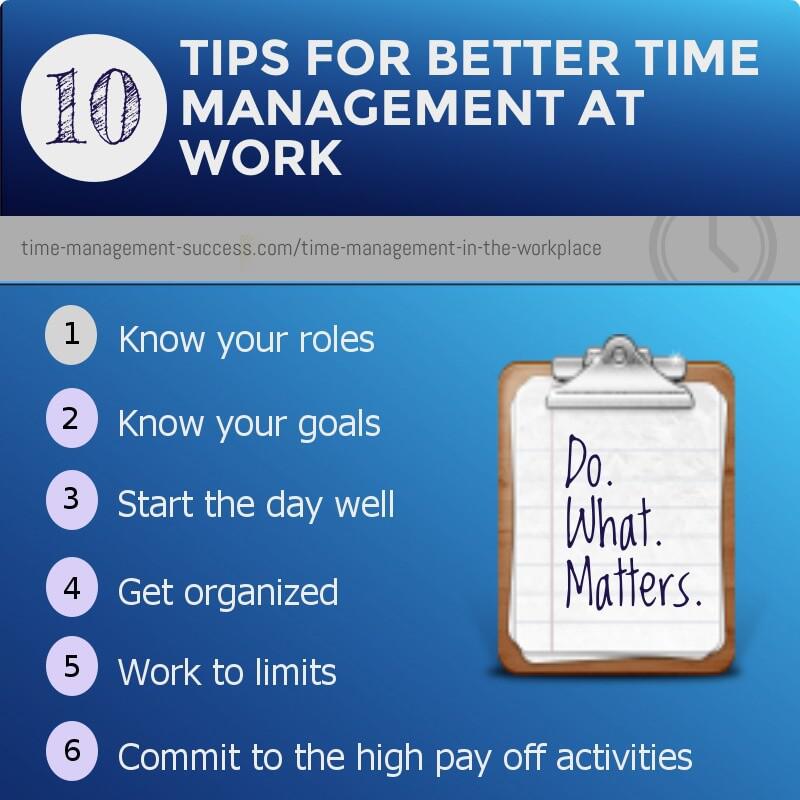Why Effective Time Management is Crucial for Business Success
Effective time management is the backbone of any successful entrepreneurial venture. Without it, businesses can quickly become mired in inefficiency, leading to decreased productivity, increased stress, and missed opportunities. In today’s fast-paced business landscape, entrepreneurs who fail to prioritize their time effectively risk falling behind their competitors and struggling to achieve their goals.
Successful entrepreneurial time management is not just about getting more done in less time; it’s about making the most of the time you have available. By prioritizing tasks, minimizing distractions, and staying organized, entrepreneurs can maximize their productivity and achieve a better work-life balance. This, in turn, can lead to increased job satisfaction, improved relationships, and a greater sense of overall well-being.
One of the most significant consequences of poor time management is decreased productivity. When entrepreneurs fail to prioritize their tasks effectively, they can become bogged down in non-essential activities, leading to a decrease in overall productivity. This can have a ripple effect throughout the business, leading to missed deadlines, lost sales, and a decline in customer satisfaction.
In addition to decreased productivity, poor time management can also lead to increased stress levels. When entrepreneurs feel overwhelmed and unable to manage their workload, they can become anxious and stressed, leading to a decline in their overall mental and physical health. This can have serious consequences, including burnout, depression, and a range of other health problems.
Fortunately, there are many strategies that entrepreneurs can use to improve their time management skills. By implementing effective time management techniques, such as prioritizing tasks, using productivity tools, and minimizing distractions, entrepreneurs can take control of their time and achieve greater success in their business.
How to Prioritize Tasks Like a Pro
Prioritizing tasks is a crucial aspect of successful entrepreneurial time management. By focusing on the most important tasks first, entrepreneurs can maximize their productivity and achieve their goals more efficiently. One effective way to prioritize tasks is to use the Eisenhower Matrix, a decision-making tool that helps individuals prioritize tasks based on their urgency and importance.
The Eisenhower Matrix consists of four quadrants: urgent and important, important but not urgent, urgent but not important, and not urgent or important. By categorizing tasks into these quadrants, entrepreneurs can quickly identify which tasks require immediate attention and which can be delegated or postponed. For example, tasks that are both urgent and important, such as meeting a project deadline, should be prioritized first. Tasks that are important but not urgent, such as planning a marketing campaign, can be scheduled for later.
Another effective technique for prioritizing tasks is the Pomodoro Technique. This technique involves working in focused, 25-minute increments, followed by a five-minute break. After four cycles, take a longer break of 15-30 minutes. This technique can help entrepreneurs stay focused and avoid burnout by providing regular breaks and helping them maintain a sustainable work pace.
In addition to these techniques, entrepreneurs can also use task management tools like Trello or Asana to prioritize their tasks. These tools allow users to create boards, lists, and cards to organize their tasks and projects, and can be accessed from anywhere with an internet connection. By using these tools, entrepreneurs can easily prioritize their tasks, assign deadlines, and collaborate with team members.
When prioritizing tasks, it’s also important to consider the concept of “time blocking.” This involves scheduling large blocks of uninterrupted time to focus on important tasks. By doing so, entrepreneurs can minimize distractions and maximize their productivity. For example, an entrepreneur might block off two hours in the morning to work on a critical project, and then schedule meetings and other tasks for the afternoon.
By using these techniques and tools, entrepreneurs can prioritize their tasks more effectively and achieve greater success in their business. By focusing on the most important tasks first and minimizing distractions, entrepreneurs can maximize their productivity and achieve their goals more efficiently.
Time Management Tools for Entrepreneurs: A Review of RescueTime and Harvest
As an entrepreneur, managing your time effectively is crucial to achieving success. With so many tasks and responsibilities competing for your attention, it can be challenging to stay on top of everything. That’s where time management tools come in. In this article, we’ll review two popular time management tools, RescueTime and Harvest, and explore their features, benefits, and pricing plans.
RescueTime is a time management tool that tracks how you spend your time on your computer or mobile device. It provides detailed reports on your productivity, including the amount of time spent on specific tasks, apps, and websites. RescueTime also offers alerts and notifications to help you stay focused and on track. With RescueTime, you can identify areas where you can improve your productivity and make data-driven decisions to optimize your workflow.
Harvest is a time tracking and invoicing tool that helps entrepreneurs manage their time and finances. It allows you to track time spent on specific projects and tasks, and generate invoices based on that time. Harvest also offers features such as project budgeting, expense tracking, and team management. With Harvest, you can streamline your workflow, reduce administrative tasks, and increase your revenue.
Both RescueTime and Harvest offer a range of benefits for entrepreneurs, including improved productivity, increased revenue, and better time management. However, they also have some key differences. RescueTime is primarily a time tracking tool, while Harvest is a more comprehensive tool that includes invoicing and project management features.
In terms of pricing, RescueTime offers a free plan, as well as several paid plans starting at $9 per month. Harvest also offers a free plan, as well as several paid plans starting at $12 per month. Both tools offer a free trial, so you can try them out before committing to a paid plan.
Ultimately, the choice between RescueTime and Harvest will depend on your specific needs and preferences. If you’re looking for a simple time tracking tool, RescueTime may be the better choice. However, if you need a more comprehensive tool that includes invoicing and project management features, Harvest may be the better option.
By using a time management tool like RescueTime or Harvest, entrepreneurs can optimize their workflow, increase their productivity, and achieve greater success in their business. By tracking how you spend your time and making data-driven decisions, you can take control of your time and achieve your goals more efficiently.
Creating a Schedule That Works for You
Creating a schedule that works for you is a crucial aspect of successful entrepreneurial time management. A well-crafted schedule can help you prioritize tasks, manage your time more efficiently, and achieve your goals. However, creating a schedule that suits your unique needs can be challenging, especially for entrepreneurs who have multiple responsibilities and commitments.
To create a schedule that works for you, start by identifying your goals and priorities. What are your most important tasks and responsibilities? What are your short-term and long-term goals? Once you have a clear understanding of your goals and priorities, you can begin to allocate time for each task and responsibility.
When creating your schedule, be realistic about how much time each task will take. Don’t overload yourself with too many tasks in one day, and make sure to leave space for flexibility and self-care. It’s also important to consider your energy levels and productivity patterns. If you’re a morning person, schedule your most important tasks for the morning. If you’re more productive in the afternoon, schedule your tasks accordingly.
Another important aspect of creating a schedule that works for you is to leave space for breaks and self-care. Taking regular breaks can help you recharge and maintain your productivity, while self-care activities such as exercise, meditation, and spending time with loved ones can help you maintain your physical and mental well-being.
In addition to creating a schedule that works for you, it’s also important to establish a routine. A routine can help you stay on track and maintain your productivity, even when faced with unexpected challenges or setbacks. Consider establishing a daily routine that includes time for work, breaks, and self-care, as well as a weekly routine that includes time for planning, review, and relaxation.
Finally, remember that your schedule is not set in stone. Be flexible and willing to make changes as needed. Life is unpredictable, and unexpected challenges and setbacks will arise. By being flexible and adaptable, you can adjust your schedule to meet the changing demands of your business and personal life.
By creating a schedule that works for you and establishing a routine, you can take control of your time and achieve greater success in your business. Remember to be realistic, flexible, and willing to make changes as needed, and don’t forget to leave space for breaks and self-care.
The Power of Delegation: Learning to Let Go
Delegation is a crucial aspect of successful entrepreneurial time management. By delegating tasks to others, entrepreneurs can free up their time and focus on high-priority tasks that drive business growth. However, delegation can be challenging, especially for entrepreneurs who are used to handling everything themselves.
One of the main reasons entrepreneurs struggle with delegation is that they feel like they need to control every aspect of their business. However, this mindset can lead to burnout and decreased productivity. By delegating tasks to others, entrepreneurs can not only free up their time but also develop the skills and confidence of their team members.
So, how do you know what tasks to delegate? Start by identifying tasks that are time-consuming, repetitive, or outside of your expertise. These tasks are often prime candidates for delegation. Next, identify team members who have the skills and expertise to handle these tasks. Consider their strengths, weaknesses, and workload before assigning tasks.
Effective communication is also critical when delegating tasks. Clearly explain the task, the expected outcome, and the deadline. Provide any necessary resources or support, and establish a system for tracking progress. Regularly check-in with the team member to provide feedback and guidance.
Another important aspect of delegation is to let go of the need for perfection. When you delegate tasks, you need to trust that the team member will complete the task to the best of their ability. Avoid micromanaging, as this can undermine the team member’s confidence and motivation.
By delegating tasks effectively, entrepreneurs can achieve greater success in their business. Delegation can help entrepreneurs free up their time, develop their team members, and increase productivity. Remember, delegation is not about relinquishing control but about empowering others to take ownership of tasks and projects.
In addition to delegation, entrepreneurs can also use automation tools to streamline their workflow. Automation tools can help entrepreneurs automate repetitive tasks, such as bookkeeping, marketing, and customer service. By automating these tasks, entrepreneurs can free up their time and focus on high-priority tasks that drive business growth.
By combining delegation and automation, entrepreneurs can achieve greater success in their business. By delegating tasks to others and automating repetitive tasks, entrepreneurs can free up their time, develop their team members, and increase productivity.
Managing Meetings and Minimizing Distractions
Meetings can be a significant time-suck for entrepreneurs, especially if they are not managed effectively. Poorly managed meetings can lead to decreased productivity, increased stress, and missed opportunities. In this article, we will discuss the importance of managing meetings and minimizing distractions, and provide tips on how to do so.
One of the most effective ways to manage meetings is to set clear agendas. Before the meeting, define the purpose and objectives of the meeting, and ensure that all attendees are aware of the agenda. This will help to keep the meeting focused and on track, and prevent unnecessary tangents.
Another important aspect of managing meetings is to establish time limits. Set a specific start and end time for the meeting, and stick to it. This will help to prevent meetings from running on too long, and ensure that attendees stay focused.
Minimizing distractions is also crucial for effective meeting management. Turn off notifications, find a quiet workspace, and encourage attendees to do the same. This will help to prevent interruptions and ensure that attendees stay focused on the meeting.
In addition to these tips, entrepreneurs can also use technology to manage meetings more effectively. Tools like Zoom, Google Meet, and Skype can help to facilitate remote meetings, and reduce the need for in-person meetings. These tools can also help to minimize distractions, by allowing attendees to join meetings from anywhere, and reducing the need for travel.
By managing meetings effectively, entrepreneurs can save time, reduce stress, and increase productivity. By setting clear agendas, establishing time limits, and minimizing distractions, entrepreneurs can ensure that meetings are productive and effective.
Another important aspect of managing meetings is to follow up after the meeting. Send a summary of the meeting to attendees, and ensure that action items are assigned and tracked. This will help to ensure that the meeting is productive, and that attendees are held accountable for their actions.
By following these tips, entrepreneurs can manage meetings more effectively, and minimize distractions. By doing so, they can save time, reduce stress, and increase productivity, leading to greater success in their business.
Staying Organized: The Importance of a Centralized System
Staying organized is crucial for successful entrepreneurial time management. A centralized system for managing tasks, projects, and deadlines can help entrepreneurs stay on top of their work and achieve their goals. In this article, we will discuss the importance of a centralized system and provide tips on how to implement one.
A centralized system is a single platform that allows entrepreneurs to manage all their tasks, projects, and deadlines in one place. This can include tools like Google Calendar, Todoist, or Evernote. By using a centralized system, entrepreneurs can streamline their workflow, reduce stress, and increase productivity.
One of the key benefits of a centralized system is that it allows entrepreneurs to see everything they need to do in one place. This can help them prioritize tasks, manage their time more effectively, and avoid missed deadlines. A centralized system can also help entrepreneurs collaborate with team members and stakeholders more effectively.
When choosing a centralized system, entrepreneurs should consider their specific needs and goals. For example, if they need to manage a large team, they may want to consider a tool like Asana or Trello. If they need to manage a large number of tasks and deadlines, they may want to consider a tool like Todoist or Evernote.
In addition to choosing the right tool, entrepreneurs should also consider how they will use their centralized system. They should set clear goals and priorities, and establish a routine for checking and updating their system. They should also consider how they will integrate their centralized system with other tools and platforms they use.
By implementing a centralized system, entrepreneurs can take control of their time and achieve greater success in their business. A centralized system can help entrepreneurs stay organized, reduce stress, and increase productivity, leading to greater success and achievement of their goals.
Another important aspect of a centralized system is that it allows entrepreneurs to track their progress and identify areas for improvement. By using a centralized system, entrepreneurs can see how much time they are spending on different tasks and projects, and identify areas where they can improve their efficiency and productivity.
By regularly reviewing and adjusting their centralized system, entrepreneurs can ensure that they are using their time effectively and achieving their goals. This can help them stay focused, motivated, and productive, leading to greater success in their business.
Reviewing and Adjusting Your Time Management Strategy
Regularly reviewing and adjusting your time management strategy is crucial for successful entrepreneurial time management. By tracking progress, identifying areas for improvement, and making changes as needed, entrepreneurs can ensure that they are using their time effectively and achieving their goals.
One of the most important aspects of reviewing and adjusting your time management strategy is to track your progress. This can be done by using tools like calendars, to-do lists, or time tracking software. By tracking your progress, you can see how much time you are spending on different tasks and projects, and identify areas where you can improve your efficiency and productivity.
Another important aspect of reviewing and adjusting your time management strategy is to identify areas for improvement. This can be done by regularly reviewing your schedule and task list, and identifying areas where you can streamline your workflow or eliminate unnecessary tasks. By identifying areas for improvement, you can make changes to your time management strategy that will help you achieve your goals more efficiently.
Once you have identified areas for improvement, it is important to make changes to your time management strategy as needed. This can include adjusting your schedule, delegating tasks to others, or using new tools or software to help you manage your time more effectively. By making changes to your time management strategy, you can ensure that you are using your time effectively and achieving your goals.
Regularly reviewing and adjusting your time management strategy can also help you stay focused and motivated. By regularly reviewing your progress and making changes as needed, you can stay on track and achieve your goals. This can help you feel more confident and motivated, and can help you achieve greater success in your business.
In addition to regularly reviewing and adjusting your time management strategy, it is also important to stay flexible and adaptable. This means being open to new ideas and approaches, and being willing to make changes as needed. By staying flexible and adaptable, you can ensure that you are always using your time effectively and achieving your goals.
By regularly reviewing and adjusting your time management strategy, entrepreneurs can ensure that they are using their time effectively and achieving their goals. This can help them stay focused and motivated, and can help them achieve greater success in their business.








